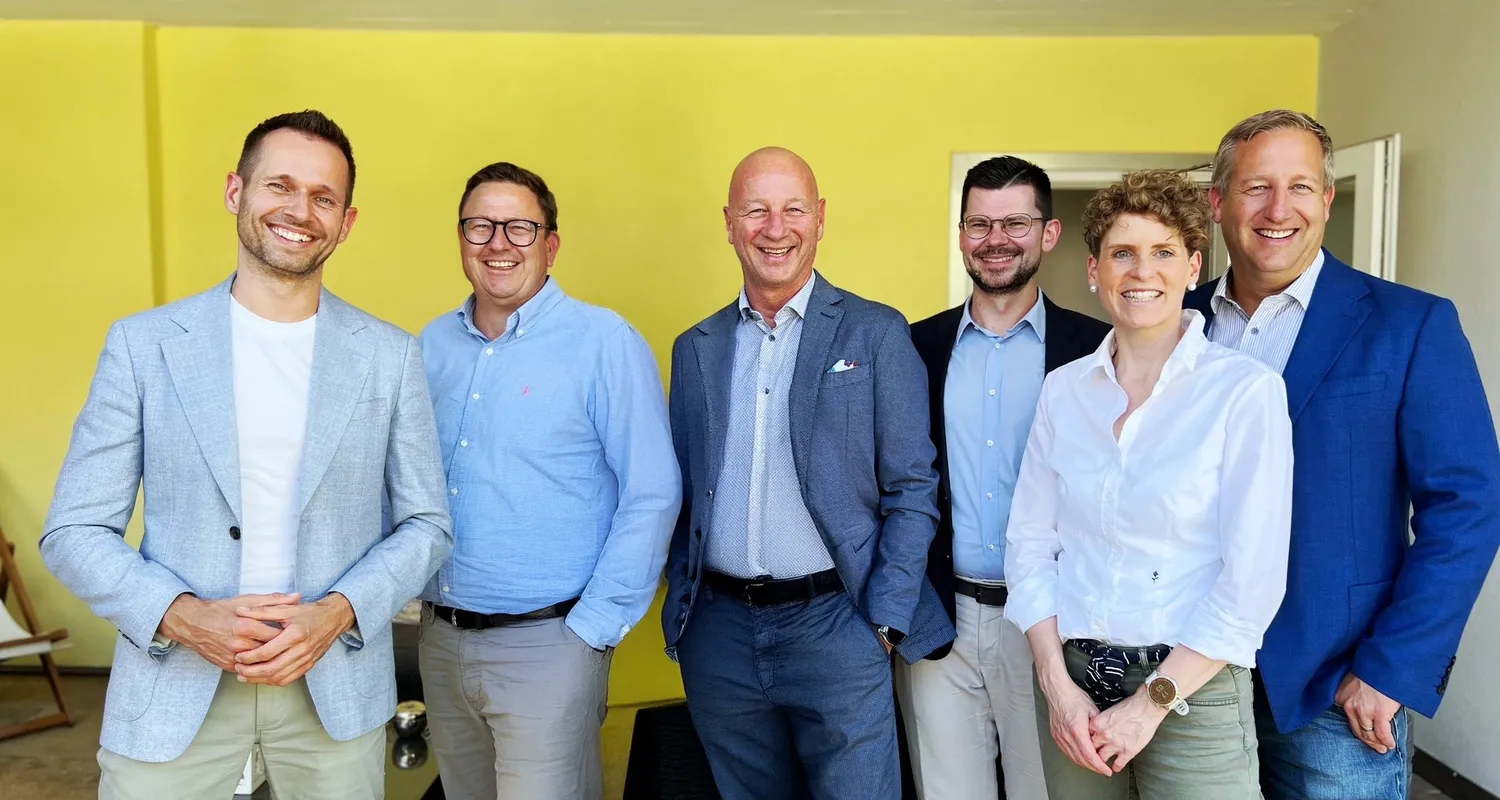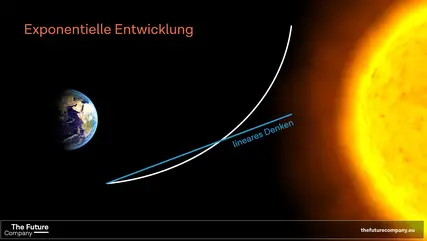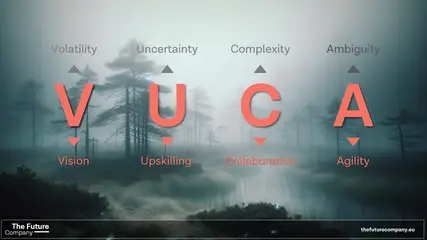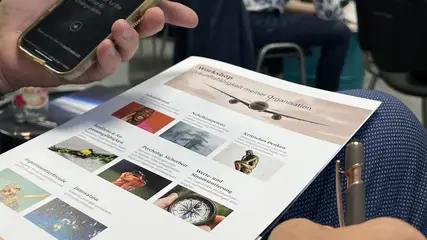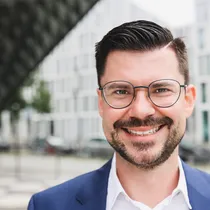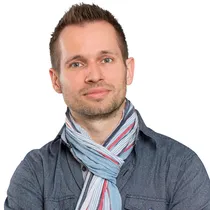Human Competence and Artificial Intelligence as Leadership Tools
The two exclusive Viavanta events for CEOs and Board Members in June 2025 made one thing clear: the future is human. The participants experienced an inspiring keynote by Dr. Arndt Pechstein and Dr. Martin Schwemmle from The Future Company. During the subsequent lively discussion, the tension between Artificial Intelligence (AI) and Human Intelligence (HI) was the focus—and what this specifically means for one's own leadership role.
AI is changing the rules of the game at a breathtaking pace. Decisions need to be made faster, more complex, and under greater uncertainty than ever before. Yet, while technological development is advancing exponentially, our human thinking often remains trapped in linear paths. That's precisely why a Growth Mindset—the belief that abilities and mindsets can be developed through learning and experience—becomes a key competence. Only those who are willing to question the old, allow new things, and continuously learn remain truly capable of leadership in a radically changing world.


